It is important to carry a medical kit (first aid kit) to your mountain climbing expedition as it may be used in case of an emergency. It is good to be on the safe side because you might just never know. The first aid kit may help when administering first aid while you wait for help to arrive on the mountain. Treating emergencies and injuries on the mountain is not a new thing, it happens sometimes even long ago, the Chaggah local tribe around Mount Kilimanjaro, the Chagga, used to treat their injuries like cuts and bruises by applying cow dung to cut out bleeding. Mountain huts or rangers’ posts should have first aid kits but we strongly advise you carry your own as you may never know what they may miss or how far off from the nearest post an emergency occurs.
A medical kit for Kilimanjaro
Below are the contents of a proper medical kit for Mountain climbing:
- Antiseptic cream For treating small cuts and bruises.
- Plasters or bandaid/Elastoplast are for small medical injuries not serious enough to require a full-size bandage.
- Bandages: Used to stem bleeding and dress larger wounds or for twists and sprains as well as to apply extra pressure, and to hold things like splints in place.
- Compeed For treating blisters, corns, cracked heels and cold sores.
- Elastic knee supports For giving you support on steeper slopes, especially if you have knee problems. Perfect for comfort and ideal for helping/supporting with strains and sprains allowing you to carry on your mountain trekking and walking activities.
- Anti-malarials Even if you are above the anopheles mosquito range in terms of altitude, you might catch malaria anywhere else in the country even before climbing Mount Kilimanjaro. It is important to take your anti-malarial tablets.
- Ibuprofen/Aspirin/Paracetamol Consult your doctor about taking painkillers and which ones will be suitable for you.
- Bismuth subsalicylate: The active ingredient in Pepto-Bismol, used to cure stomach upsets.
- Imodium Stops you from going when you don’t want to go, which could come in handy.
- Insect repellent useful for avoiding mosquito and insect bites.
- Rehydrating powders A good example is Diarolyte. Recommended and prescribed to people that have diarrhoea but can be used after a long and hot day of hiking.
- Lip balm or Chapstick/Vaseline: used to prevent your skin from drying and cracking especially on summit night when the winds are too strong and may peel your lips.
- Throat pastilles: Useful to treat sore throats caused by the dry air and dust on the trekking trails.
- Any current medication you are on Depending on your medical conditions, please carry all your prescribed medication with you at all times.
- Diamox is the brand name for Acetazolamide, the drug that is used to combat altitude sickness. It is used prophylactically by climbers on Mount Kilimanjaro.
Keep your medications in a waterproof case or cover so that they can stay intact during your climbing adventure while the emergency medication should be carried in a backpack.

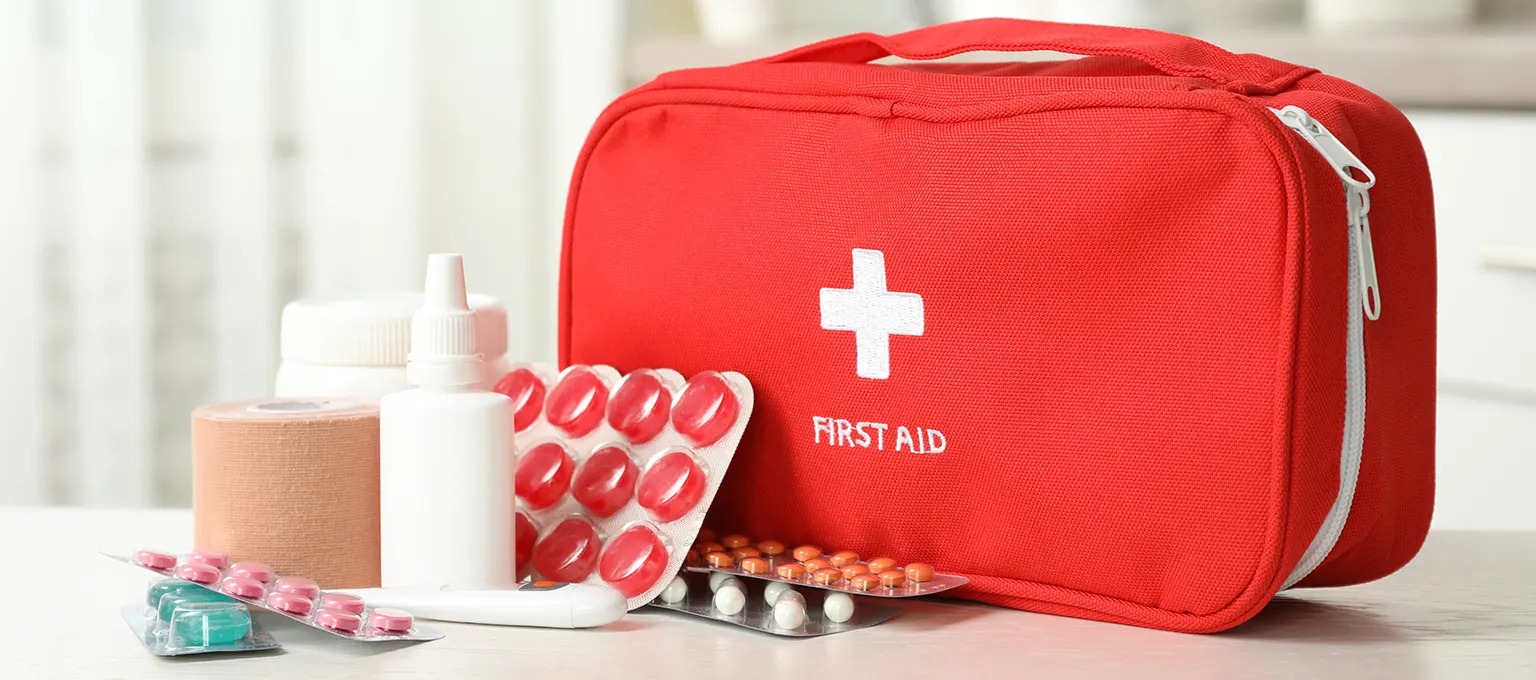
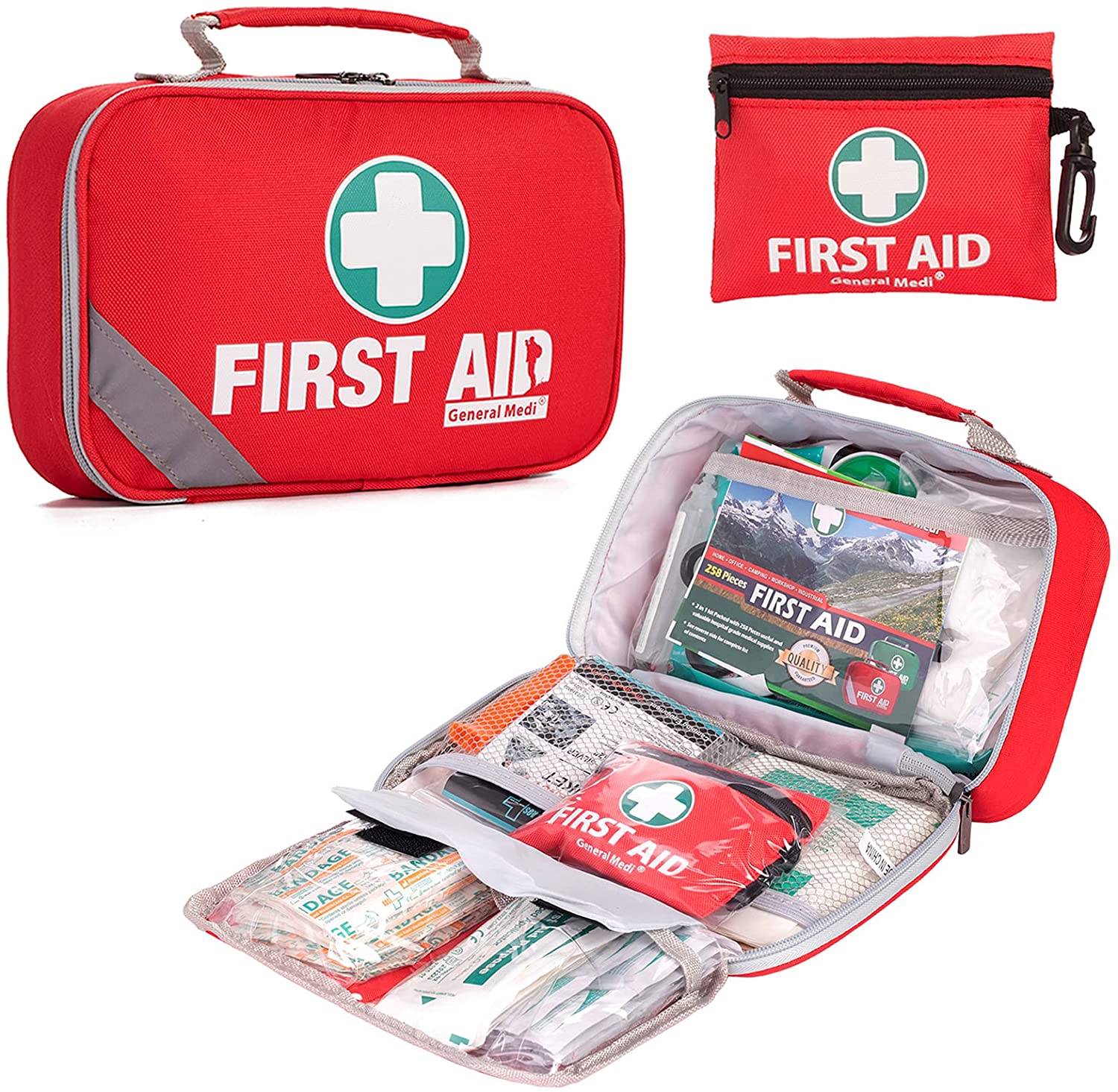
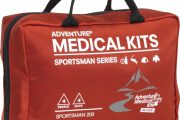
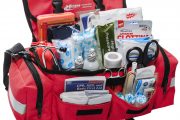
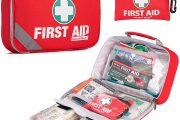
Tour Reviews
There are no reviews yet.
Leave a Review